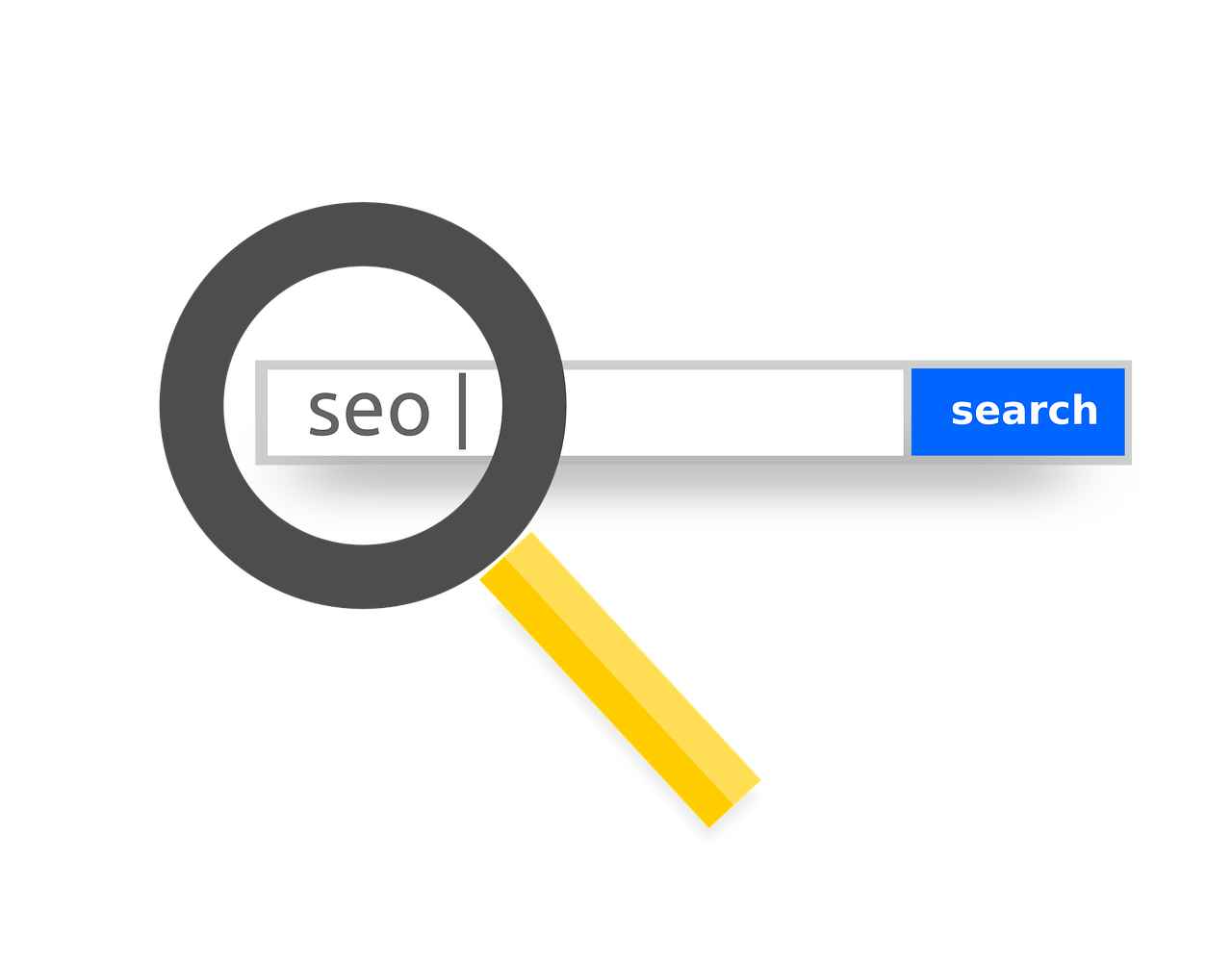10 tips for purchasing a CRM system for your small business

When choosing a new CRM (Customer Relationship Management) system, many small businesses share similar expectations and requirements as their larger corporate counterparts. Usually, the main factor that separates the two is that smaller businesses have limited access to resources – in terms of both budget and timescale for the implementation of a new CRM system.
Despite these limitations, small businesses can still purchase a CRM that caters to their needs, it is just a matter of knowing what to look for. With this, we wanted to share our 10 tips for purchasing a new CRM system for your small business.
Tip #1: Consider the usability of your new CRM system
When choosing a new CRM system, consider the timescale and cost that you are willing to invest in implementing it. A simple to use and intuitive system is likely to require less time for training, which means less money spent on making sure that your CRM is deployed successfully. A simple-to-use intuitive CRM is a more effective solution as it enables your sales team to become competent with it in a shorter time scale, which then, in turn, helps your company benefit from a quick ROI (Return on Investment).
Tip #2: Choose a CRM that is easy to customise
Look for a CRM solution that is easy to customise and will enable you to capture all the information you need it to without having to change your working processes too much. Different organisations often have different methods to achieve the same goal, and while openness to new ways of working is helpful, choosing a solution that you can easily customize to fit in with your current working practice will be extremely valuable overall.
Tip #3: Think of your accessibility requirements
An important aspect of choosing a CRM for your business accessibility. Usually, the fundamental question is whether you choose an on-premises solution or a web-based system. While on-premises solutions can have its advantages (for example a higher level of security:), a web-based CRM system will make it much easier for you and your sales team to access it anywhere, for instance at a trade show, when working from home or even in transit.
Tip #4: Choose a CRM that offers simple-to-use reporting tools
As you will most likely know, reporting is an essential part of any CRM system as it provides you with a clear forecast that you need to make more informed (and more successful) marketing decisions. When choosing your new CRM to make sure that it allows you to easily create reports and offers you a useable format in which you can generate and view your data. Also, bear in mind that you may want to use your data elsewhere to perform further analysis, so save yourself any later frustration and choose a system that allows you to export your data into formats such as .XLS, .TXT or .CSV.
Tip #5: Factor in your company’s ongoing growth
Make sure that your choice of new CRM has the flexibility to accommodate the ongoing growth of your organisation and the business demands that come with this. Having a system that is well equipped to deal with your needs as a small corporation is useful for the time being, but as your business grows your needs will change. When this happens, the last thing you need is to have to purchase a new CRM all over again.
Tip #6: Choose a CRM with easy-to-use data import and export tools
Whether you store your customers’ information and data in spreadsheets or in another CRM system, when you choose your new system you will want to be able to easily import this data. For this function, choosing a CRM solution that supports an easy import of data is vital. Similarly, you should also consider how easy it is to export your data. To make this process as simple as possible, we recommended that you choose a CRM that exports data into a usable format, such as Excel or .CSV.
Tip #7: Ensure that training is available to your staff
Even if you have just purchased the most intuitive CRM system, your staff may still find it difficult to adjust. Therefore training is key to ensuring that your team get to grips with your new CRM as quickly as possible. When choosing your new CRM system, see if there are any training programs included in your package and if not identify what third-party training is available and how much it costs.
Tip #8: Beware of hidden support costs!
Some CRM systems aren’t as affordable as they make out to be! To avoid any unpleasant hidden support costs carefully consider the level of support that is included in your contract and make sure that you are comfortable with any costs for support that falls outside of the terms of your contract. Sadly it isn’t uncommon for organisations to be tempted in by low prices only to discover several months later that they have to pay extra fees when they encounter a problem that they need help with.
Tip #9: Select a CRM that can integrate with your other applications
As with many small businesses, your organisation may run on a number of smaller applications: for example Microsoft Outlook, or Google Apps. When selecting your new CRM solution, make sure that it can integrate with your other applications as this will help to create a more streamlined and integrated approach to running your business.
Make sure that your new CRM solution can integrate with the other applications you use to help create a streamlined, integrated approach.
Tip #10: Solve your business issues; don’t complicate them
While it is important to choose a CRM that has the functionality to solve your business issues, don’t feel tempted to choose an extravagant system if you don’t really need it. The shortcoming of many small businesses is that they choose a CRM that boasts an array of complex features, only to find it overwhelming to use. When choosing your CRM don’t feel enticed to go for style over substance, choose a system that is tuned to solve the problems that are faced by organisations of your size and you can modify to suit your ongoing business needs.



